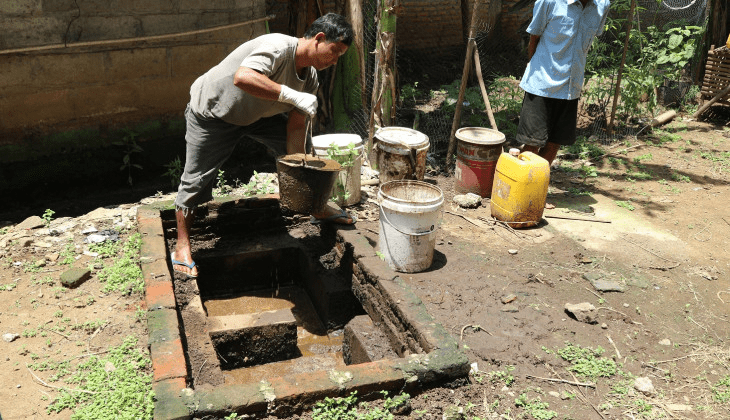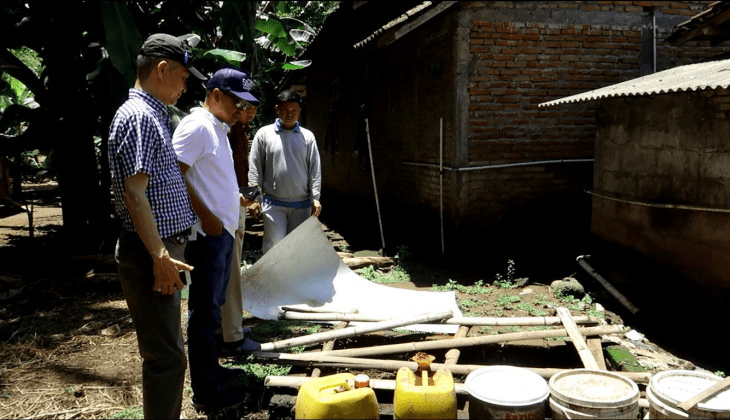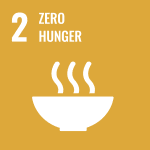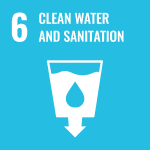

Valuable innovations from cow dung have been developed in many communities. Selopamioro Village, Imogiri, Bantul Regency, Yogyakarta is one of them that is actively processing cow dung waste into an energy source for household fuel.
This activity has been regularly carried out by the Selopamioro community since one year ago. In 2017 local residents participated in this sustainable agricultural program initiated by the Department of Agricultural and Biosystems Engineering, Faculty of Agricultural Technology (DTPB FTP) UGM. The program was funded by the Yanmar Environmental Sustainability Support Association (YESSA) Japan, raising the theme “Knowledge Development for Agricultural Sustainability in Agropolitan Area for Community Welfare”.
Team member Dr. Joko Nugroho said that one of the activities included the utilization of cattle dung to be converted to methane gas in biodigesters. The methane gas serves as an energy source that can be used as fuel for gas stoves to meet the residents’ cooking needs.
“The by-product of this conversion is slurry or biogas pulp in the form of a liquid mixture that is odorless and does not attract insects,” he explained recently.
This slurry waste inspired the idea to use slurry as fertilizer for vegetables using polybags. This program was in line with a vegetable planting program to make productive use of the yard. Some of the crops that have been planted by the women farmer groups are tomatoes, chilies and eggplants.
The benefits of these activities are the improvement of environmental sanitation by reducing the smell of manure, savings in household expenses both for purchasing gas and purchasing vegetables, and increased food security and public health.
This effort is part of an integrated garden management program to support food safety. In addition to this program, climate change mitigation is also carried out through clean irrigation and conservation movements as well as the development of a knowledge management system to support decisions in agricultural technology.
YESSA Executive Secretary, Mr. Sugano, expressed his appreciation to DTBP UGM for implementing the program during a survey inseveral locations on February 7, 2019. On that occasion, he also visited a green house in Wunut Village, Sriharjo to see the dissemination of fog irrigation technology as an effort to conserve water.
The YESSA monitoring team also visited Kalidadap and Lenteng, Selopamioro Village, where the toilet waste utilization program was implemented and livestock manure was developed into biogas and slurry for growing vegetables.
After these monitoring activities, the YESSA team and the DTPB FTP UGM team held a joint discussion at UGM. The Head of the DTPB FTP UGM team explained the overall implementation of the program in the last six months and the plan for the next six months.
Source: https://www.ugm.ac.id/id/berita/17701-mengolah-limbah-ampas-biogas-menjadi-pupuk



